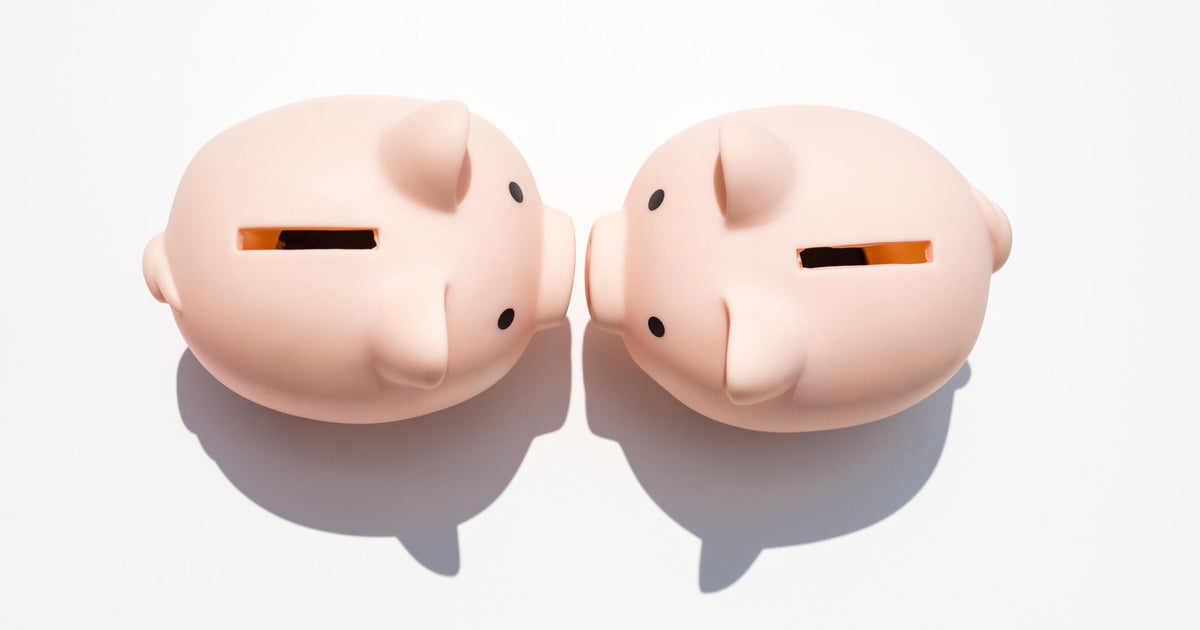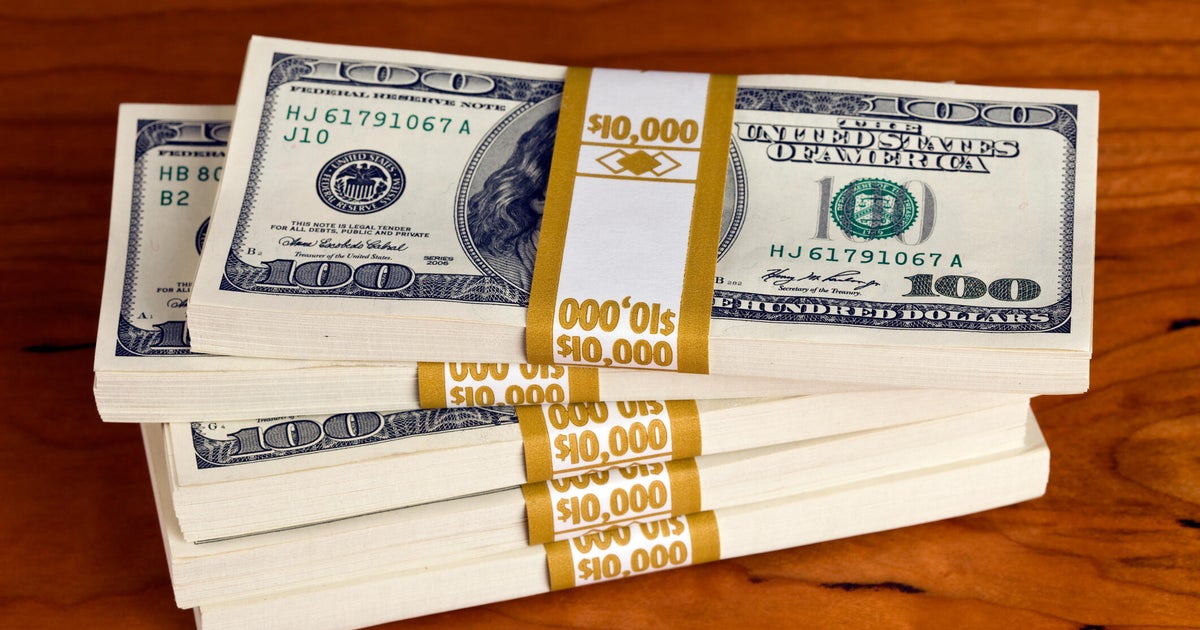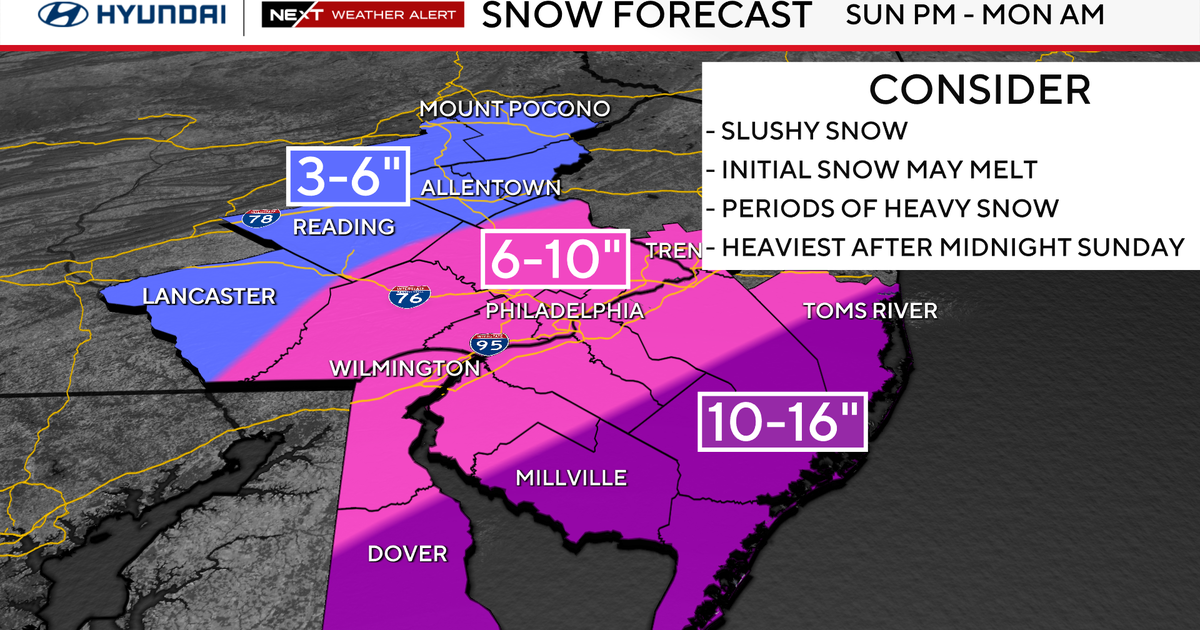Would a CD or a high-yield savings account earn more in a year?
A meaningful savings strategy is key to a successful future. While you'll likely put a lot of money into a tax-advantaged retirement plan like a 401(k) or an individual retirement account (IRA), you'll also want to make sure you have some money in accounts that can be accessed before you reach retirement age.
You also don't want this money simply sitting in a checking account. It may be convenient, but money in a checking account generally doesn't earn you anything. You are much better off having your money in an account where it will work for you.
There are many options for savings, but two of the most popular options — especially right now, when interest rates are very high — are certificates of deposit and high-yield savings accounts. But before you open one, it's important to know which one will allow you to earn more money.
Find out what you could earn with a high-yield savings account here.
Would a CD or a high-yield savings account earn more in a year?
Let's look at how much money you'll have after a year in both a CD and a high-yield savings account, based on current interest rates.
How much would a CD earn in one year?
As of October 31, the average interest rate for a 1-year CD is 1.75%. If you invested $5,000 in a CD with that rate, you would end up with a total balance of $5,087.50 after one year, adding $87.50 to your account.
That is not a big return via interest – but there is good news. You can get a much better rate than the average if you shop around and consider online banks. These banks don't have the same overhead costs that traditional banks have, like the cost of running physical locations. In turn, it's easy to find an APY of 5.65% or higher on a 1-year CD right now.
And, if you invested $5,000 in a 1-year CD at 5.65%, you'd have a total of $5,282.50 at the end of the year, or $282.50 in interest.
Shop for a top-earning CD online today.
How much would a high-yield savings account earn in a year?
Another option is a high-yield savings account. The average savings account interest rate is currently 0.46%. At that rate, after one year, you'd have $5,023.00 in your account, a return of less than $25.
However, you can get a more favorable rate with a high-yield savings account. With this type of account, you can get a rate of 5.40% or higher right now. Investing $5,000 into an account earning 5.40% would result in a total balance of $5,270.00 after one year, or interest returns of about $270.
Which is the better option for you?
At current rates, a certificate of deposit may result in bigger returns after one year compared to a high-yield savings account, based on the calculations above. However, there are other factors to consider.
For instance, with a CD you'll have to agree to keep your money in the account for the full term or you will likely pay early withdrawal fees. So, if you think there is any chance that you'll need your money before the year is up, it makes more sense to use a savings account. On the other hand, agreeing to leave your money in a CD can help curb unnecessary spending because your money isn't easily accessible.
Another thing to keep in mind is that your CD stops earning after the term is up. If you want to keep earning, you'll need to roll over your funds or open a new CD account.
The bottom line
Both CDs and high-yield savings accounts are good options for savers. Currently, putting your savings in a CD will result in slightly higher returns than a high-yield savings account. Both have pros and cons, however, so take the time to figure out which is best for you.




